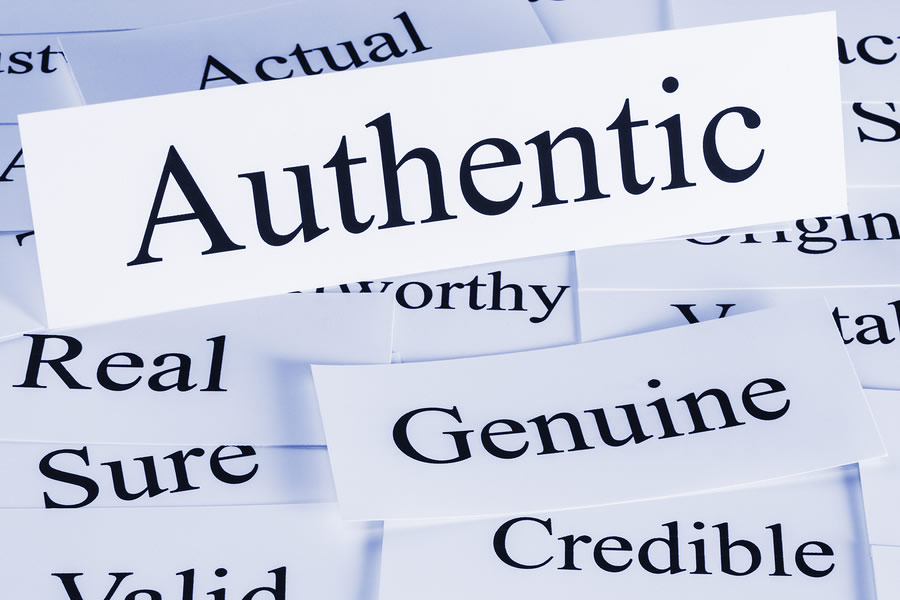
At a recent board retreat I was facilitating, a board member challenged me. He said that he felt the donor cultivation strategies I was discussing seemed contrived. He didn’t believe we could develop real relationships with donors because the ulterior motive was to raise money.
However, this particular board member was missing one key fact — donors want the same things as nonprofit staff and board members.
Nonprofits Need Donors and They Need Us
The fact is, staff members, board members, and donors all have the same end in mind… achieving the mission of the organization. The reality is that organizations can’t operate programs and services without adequate funding, and donors can’t help solve the world’s biggest social issues without nonprofit organizations running effective programs.
Nonprofits need donors and donors need nonprofits to help solve issues they really care about.
So, while donor relationships may seem contrived, they don’t have to be. I’m not suggesting that nonprofit staff and board member need to become best friends with donors. There’s no need to get together for birthdays, or discuss politics, but you can develop genuine relationships based on important issues you both care about (in other words, the mission of the organization).
When Building Donor Relationships, Honesty is Always the Best Policy
Another board member asked if they were supposed to be truthful with donors. I get asked this question a lot in the context of asking donors for a meeting to ask for a gift. The answer is an emphatic YES.
Tell donors the truth about why you want to meet. You want them thinking about their gift before you walk in the door. Look at it from their perspective — if they have no idea why you’re meeting when you ask for a big gift, it will feel like an ambush.
If you’re going to have any type of relationship with your donors, they need to trust you. Honesty is always the best policy.
Tell the truth in Feasibility Study interviews
During a recent coaching call, I was discussing feasibility study interviews and a board member asked if they should reveal that we would be coming back to ask for a gift. Again, the answer is YES.
Of course, most people know why you are coming to visit them when you are representing a nonprofit. Don’t try to hide it. Be up front and honest.
When scheduling your visit, be sure to tell interviewees that you will not be asking for a gift at this time. At this stage you’re exploring the possibility of a capital campaign and are looking for leaders in the community and organizational supporters to provide feedback on your initial plans.
Assuming you proceed with the campaign, of course you hope that the donor will support the effort in a significant way. This is not something you hide, but are up front and honest about.
Be Authentic — Donors Want to Give to Your Cause
While many board members may believe that donor relationships are contrived and fundraising is sneaky or deceitful, it simply isn’t true.
When done well, fundraising is about building honest and genuine relationships based on a heartfelt interest in the mission or cause.
Major donors feel great about their giving — especially when they make a really significant or meaningful gift.
I’m sure you’ve heard (or experienced) that volunteers often get back more than they give. The same is true with heartfelt and meaningful financial support.
There Are Lines When Building Donor Relationships
While it’s important to exercise authenticity with your donors, keep in mind that there is a fine line between what’s appropriate and inappropriate in staff-donor relationships. Sometimes it’s hard to know where that line is. For me, it’s about remembering that the relationship is between the donor and the organization.
You are a representative of your organization. And while you may form a genuine bond with your donors, it rarely extends past that point when you work for the organization. In other words, you won’t remain friends with your donors if and when you leave you organization.
AFP has a Code of Ethics which outlines them. One example is that it’s inappropriate to accept gifts from a donor. Any gifts a donor gives you should be given to the organization. If you’re personally given a watch or a piece of jewelry, it can be used at the next silent auction.
It is also is a clear violation of ethics for a donor to leave you (personally) money in their will. (Yes, this has happened.)
The Bottom Line
Always strive to be honest and up front with your donors. Authenticity really is the pillar of the strongest donor relationships. Remember — you and your donors want the same thing: to help your cause.

“Nonprofits need donors and donors need nonprofits to help solve issues they really care about.” This is so powerful and remembering it makes the ask so much easier.